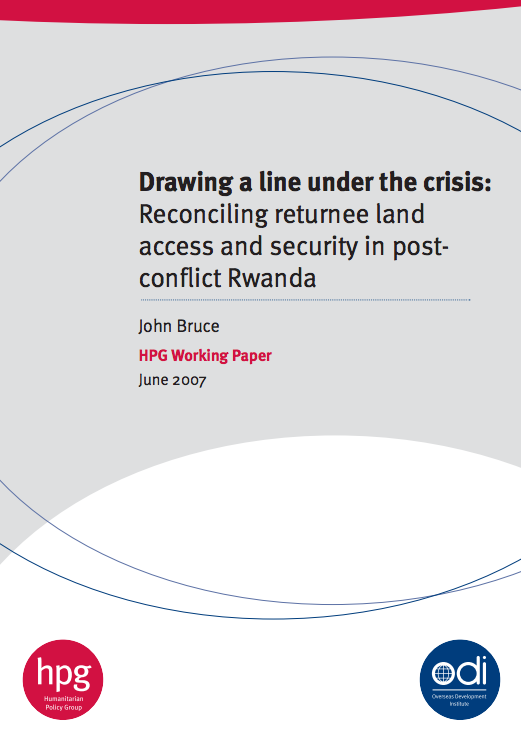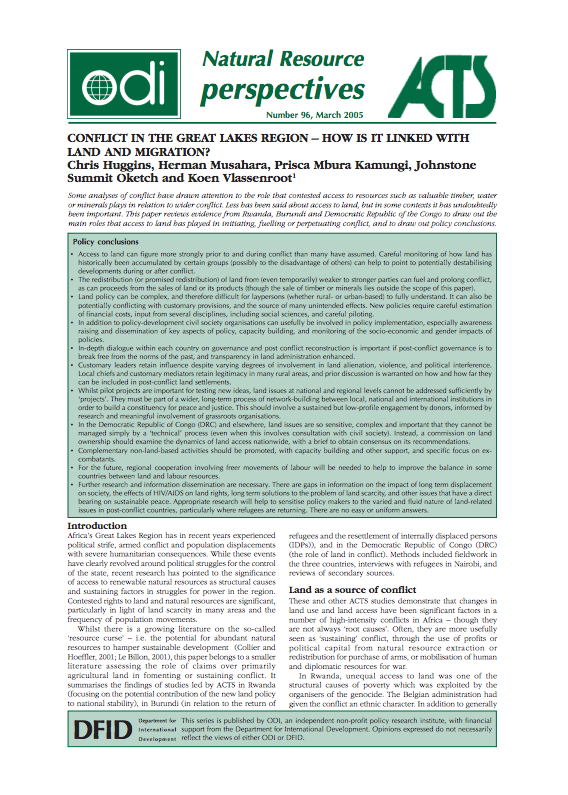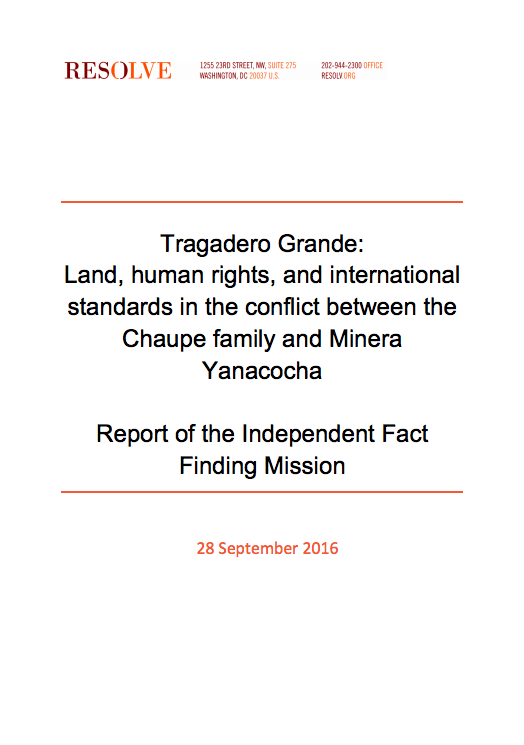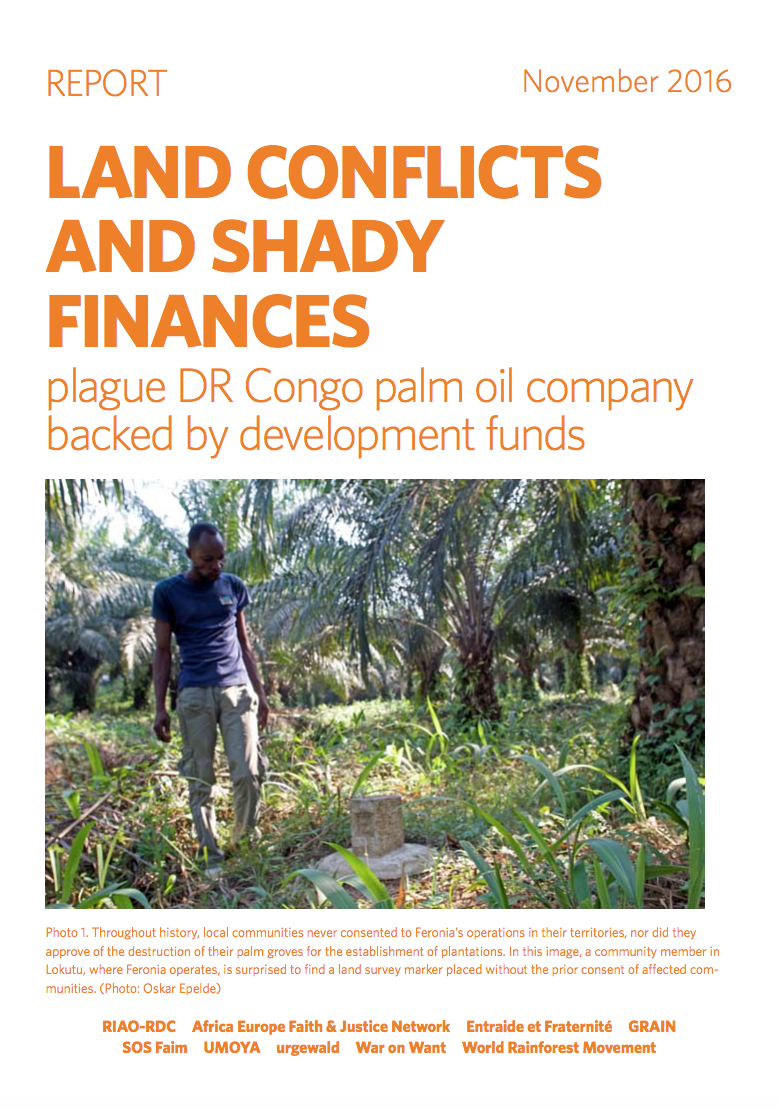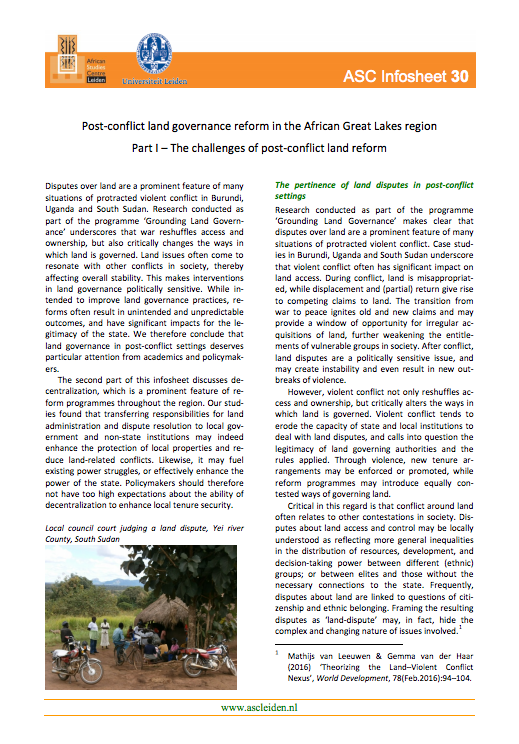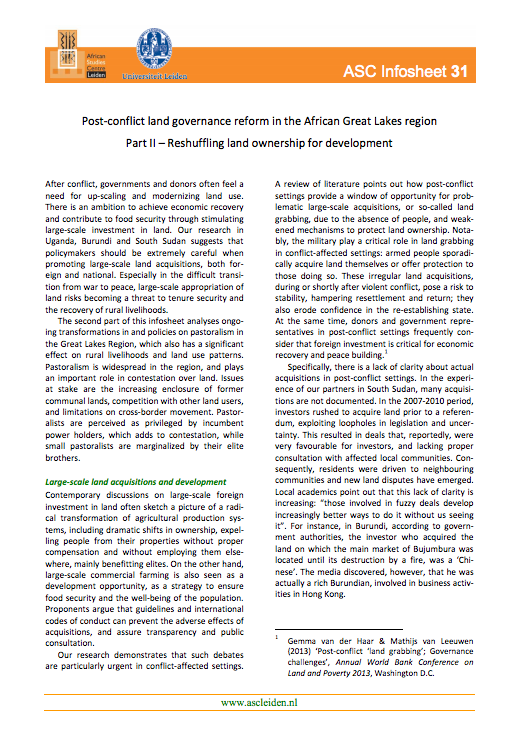A Thousand Hills for 9 Million People: Land Reform in Rwanda: Restoration of Feudal Order or Genuine Transformation?
More than eleven years after the 1994 genocide, Rwanda might be an internally pacified, but by far not unified nation. There are different factors, which threaten the fragile social equilibrium. The issue of land is one of them. Land has long been a scarce and disputed resource in Rwanda. Ongoing shortages due to decreasing soil quality, growing population pressure and unequal distribution, as well as a lack of income generating alternatives beyond agriculture create an extremely precarious future to the national economy of the small, landlocked country.


